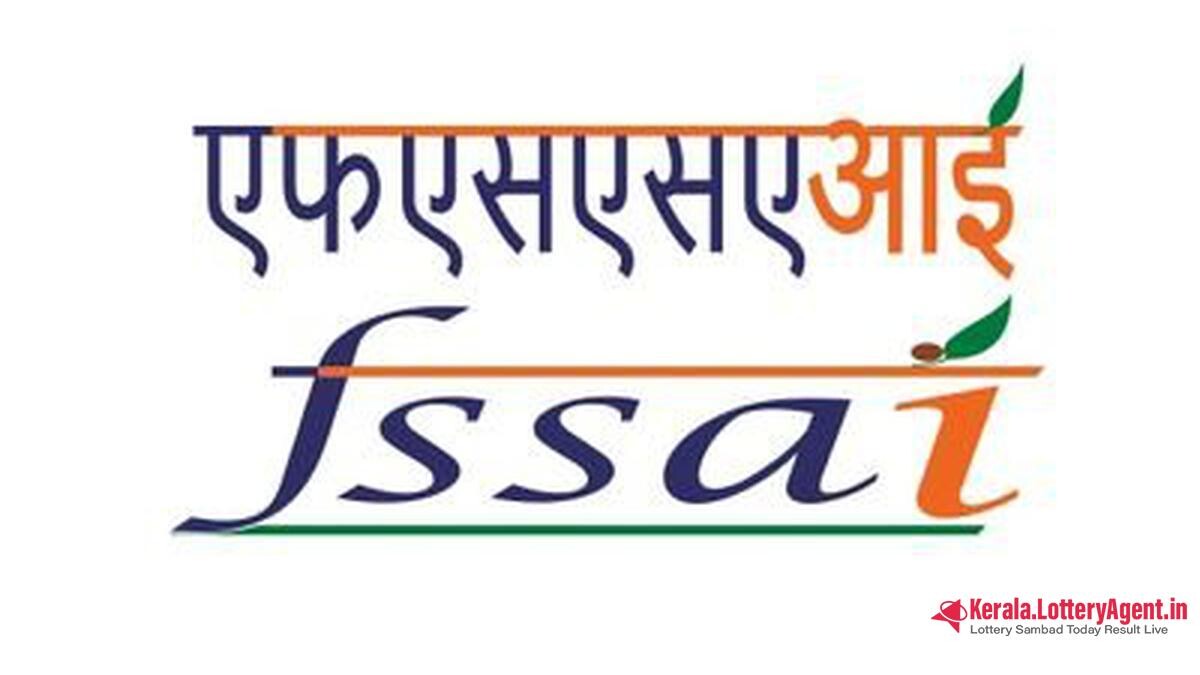
In a significant turn of events, the government has issued a directive to all e-commerce companies demanding the removal of certain drinks and beverages, including the well-known Bournvita, from their advertised ‘health drinks’ category. This action follows a detailed inquiry by the National Commission for Protection of Child Rights (NCPCR), which is a statutory body established under the Commission of Protection of Child Rights (CPCR) Act 2005.
According to the Ministry of Commerce and Industry, on the heels of an NCPCR investigation pursuant to Section 14 of the CRPC Act 2005, it transpired that the term ‘health drink’ is not stipulated under the definitions laid out in the Food Safety and Standards Act (FSS Act) of 2006. This revelation prompted an advisory sent on April 10, 2024, from the Ministry to all e-commerce platforms, intimating the necessary adjustments.
There has been burgeoning concern over the branding and marketing practices of food and beverage companies, given the potentially misleading labels and categories for products that may not fulfill the necessary criteria to be considered health beneficial. Public attention to such matters has grown, leading to increasing calls for regulatory oversight and clearer guidelines to prevent consumers, particularly children, from being misled.
In a closely related move, on April 2, the Food Safety and Standards Authority of India (FSSAI), which is the country’s food safety standards regulator, mandated that all e-commerce food business operators (FBOs) diligently maintain accurate categorization of food products offered on their digital outlets. The FSSAI noted that several products—heavily processed and bearing little nutritional resemblance to health foods—had been incorrectly listed for sale online under categories like ‘Health Drink,’ ‘Energy Drink,’ and others, despite these items being licensed under the ‘Proprietary Food’ category, which corresponds more accurately to ‘Dairy-Based Beverage Mix,’ ‘Cereal-Based Beverage Mix,’ or ‘Malt-Based Beverage Mix.’
In the wake of this directive, companies such as Mondelez India Food Pvt Ltd, the maker of Bournvita, have found themselves in the center of a burgeoning debate over food labeling and marketing ethics, with particular scrutiny being directed at the sugar content of these beverages. Despite facing criticism, Mondelez India maintains that its marketing practices are within legal parameters. The situation has since sparked a wider discussion, finding its way into popular discourse through podcast episodes like “The Bournvita controversy and the debate over food labels | In Focus” and others that explore the intricacies of misleading food advertisements and the regulatory frameworks poised to restrict them.
The NCPCR’s move to request the delisting of such beverages from health-centric categories on e-commerce platforms is indicative of a growing vigilance within regulatory bodies concerning consumer rights and children’s health. By mandating these changes, the NCPCR and FSSAI are sending a clear message to corporations: to ensure transparency in marketing and to adhere to strict labeling standards that do not overstate the health benefits of their products.
As developments continue to unfold, e-commerce companies and food product manufacturers are expected to comply with these new regulatory expectations, re-evaluating their categorization protocols and marketing strategies to avoid penalties and protect consumer trust. This could potentially herald a significant shift in the e-commerce retail space, where veracity and clarity in product categories and health claims become the norm, leading to more informed choices by consumers.












